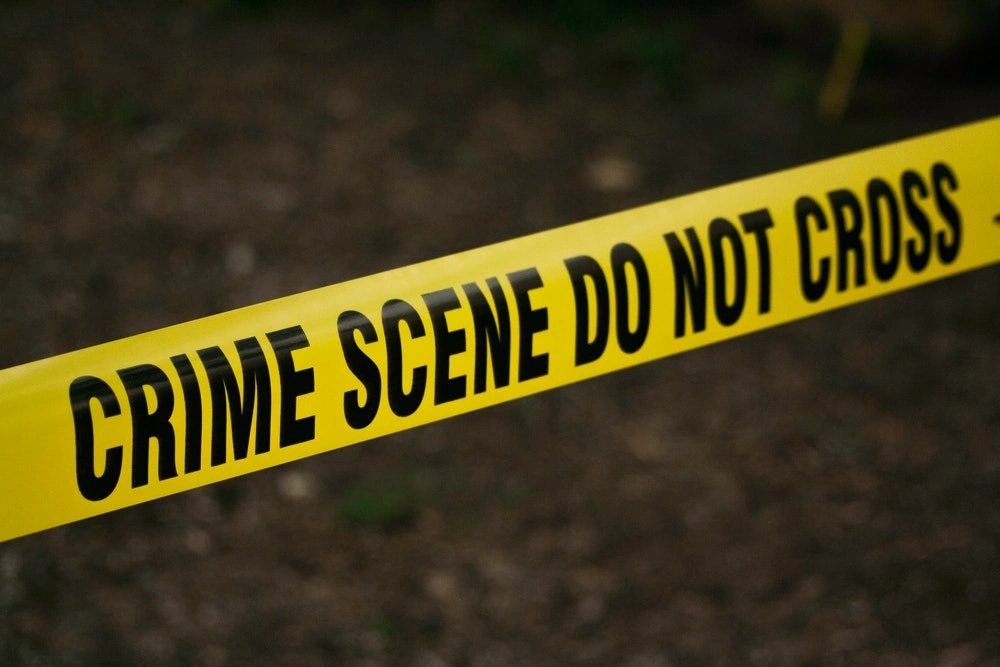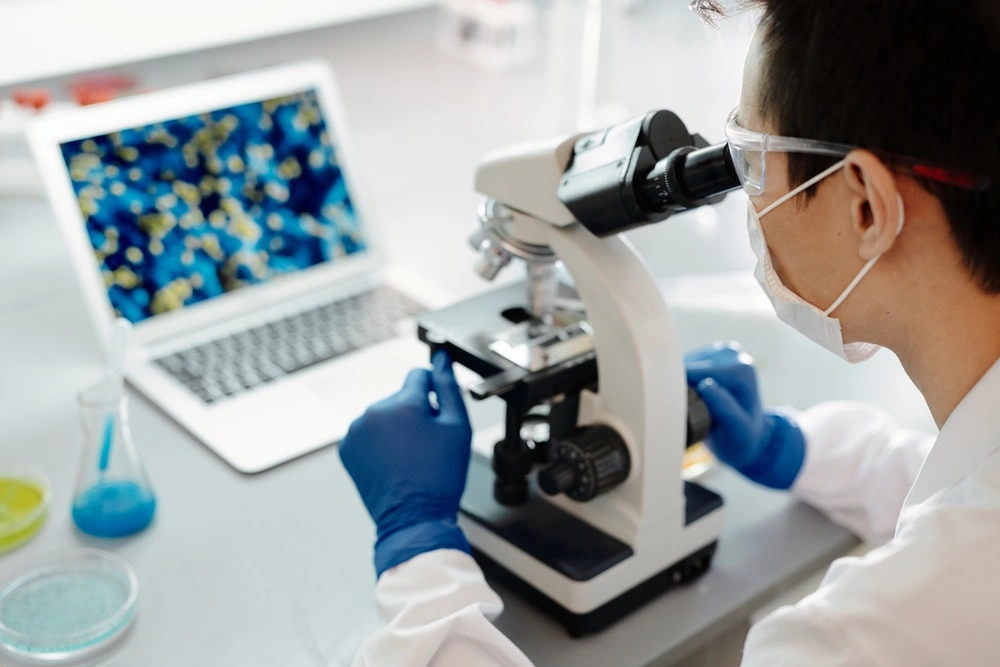One of the hardest parts of a relative or loved one dying is not knowing when. Sometimes there are obvious causes such as prolonged disease or injuries, but there are cases when the cause of death is less clear.
When the cause of death isn’t immediately obvious even to medical practitioners, authorities or loved ones may feel the need to call in an expert who can provide answers. Although homicides and suicides are some of the most common reasons people reach out to these experts, there are many other reasons someone could bring them into a case.
Although the terms medical examiner and coroner have become staples due to procedural cop shows and the like, what do they actually mean? How are they different? What responsibilities or functions do they share? And what are the issues surrounding them?
Learn the answers to these important questions today.
What is a Coroner?

Coroners have reached the public eye not only through their crucial work but also because of their prevalence in fiction. Coroners have become the heroes or crucial characters in many crime and thriller stories. But what exactly does a coroner do?
Coroners are judicial officials who are often elected to the position. Their main duty and responsibility is to oversee the investigation regarding deaths within their jurisdiction. The coroner is the main authority when it comes to death records and overseeing whether someone’s cause of death is legitimate and ascertaining the identity of a body.
Because coroners are laymen, they are often criticized for not having the medical nor forensic knowledge to conduct their duty. Many coroners don’t even have medical degrees and this could prove problematic when they have to determine if someone’s death was due to an obscure or undiagnosed condition or because of foul play.
In many counties, the coroner is also an elected official, which means that they can gain their positions not through skill or medical aptitude, which are crucial in their duty, but through politicking and popularity.
Despite all these problems, coroners are still important facets of the medical and judicial systems. Their tireless work is crucial in bringing solace to loved ones and starting investigations on mysterious deaths.
What is a Medical Examiner?

A medical examiner is often mistaken for a coroner, but they are not the same.
Becoming a coroner requires no medical or forensic experience. This is not the case with a medical examiner. These are appointed officials who are empowered to investigate deaths and conduct post-mortem examinations for cases.
Medical examiners are required to have extensive knowledge not only in the medical field but also in the field of forensic pathology. These skills enable them to determine not just cause of death but also a variety of factors like time of death, body positioning and other details that could help settle homicides or other mysterious instances.
The problem with medical examiners is they often don’t have the same financial opportunities as other doctors. Because they don’t have the same financial compensation, there is little to no incentive for medical professionals or students to switch careers and become medical examiners.
However, the lack of financial support for this field means that there is a shortage of qualified individuals who can look into mysterious deaths and look for the answers the law and loved ones are looking for. Some states use medical examiners instead of coroners but even in these states they tend to be run ragged because the ratio of examiners to cases can be appallingly high.
Other times a state will have coroners working in each county with approved and certified medical examiners working for the state. The medical examiners can be dispatched to a case when called for. These types of systems run into the same problems as the others, with the few examiners a state has playing catch up with the mountain of cases they have to work through.
What do they Have in Common?
So where do the duties and responsibilities of coroners and medical examiners overlap?
First, they both have the power to conduct investigations if they feel that the case needs more analysis. Second, they can both conduct autopsies although in recent years medical examiners are carrying the onus of these examinations. Both are essential in helping people find answers regarding the deaths of their loved ones.
However, legislation should ensure that coroners get the training they need to find these answers and that medical examiners receive the support they deserve. Only with these changes to the law can people expect consistently excellent death investigations across the country.

